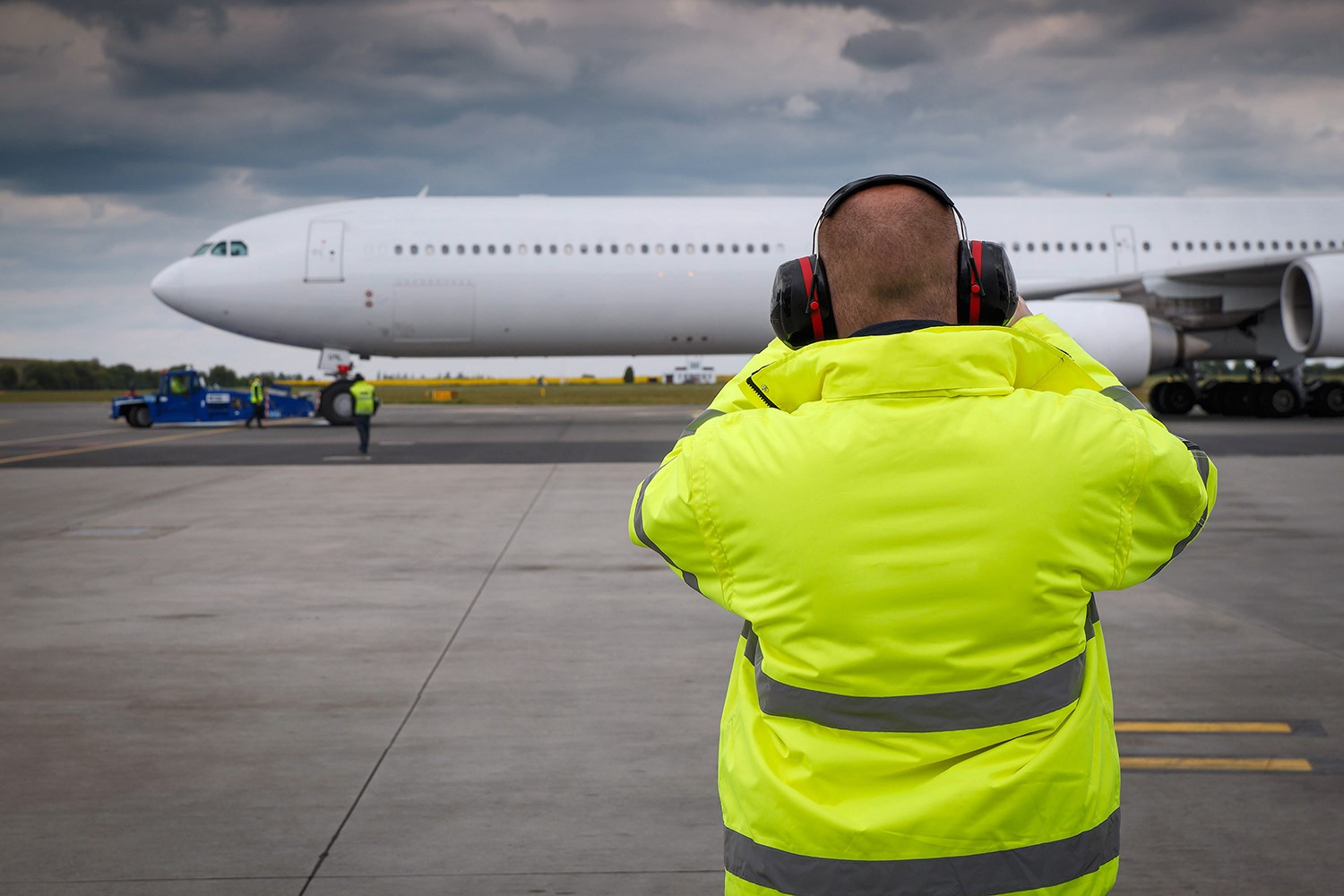
Are aviation safety audits really necessary? Absolutely. These audits ensure that airlines and airports follow strict safety protocols, reducing the risk of accidents. They involve thorough checks of aircraft, equipment, and procedures. Aviation safety audits also help identify potential hazards before they become serious issues. By adhering to international standards, these audits maintain a high level of safety across the aviation industry. They not only protect passengers but also boost confidence in air travel. Regular audits mean continuous improvement, making flying safer for everyone. Curious about how these audits work and their impact? Keep reading to uncover 19 fascinating facts about aviation safety audits.
Key Takeaways:
- Aviation safety audits are like safety check-ups for airlines and airports to make sure everything is running smoothly and safely.
- These audits help keep air travel safe by checking everything from maintenance to emergency plans, and they're getting even better with new technology and global teamwork.
What Are Aviation Safety Audits?
Aviation safety audits are essential for ensuring the safety and efficiency of air travel. These audits involve comprehensive evaluations of airlines, airports, and other aviation-related entities to identify potential risks and ensure compliance with safety regulations.
-
Aviation safety audits are conducted by regulatory bodies like the Federal Aviation Administration (FAA) and the International Civil Aviation Organization (ICAO).
-
These audits assess various aspects of aviation operations, including maintenance procedures, pilot training, and emergency response plans.
-
Audits help identify potential hazards and recommend corrective actions to mitigate risks.
Importance of Aviation Safety Audits
Understanding the significance of aviation safety audits can help appreciate their role in maintaining safe skies.
-
Safety audits ensure that airlines comply with national and international safety standards.
-
They help maintain public confidence in air travel by ensuring that safety protocols are followed.
-
Regular audits can prevent accidents and incidents by identifying and addressing safety concerns before they become critical.
Key Components of an Aviation Safety Audit
Aviation safety audits cover a wide range of areas to ensure comprehensive safety evaluations.
-
Operational procedures are reviewed to ensure that airlines follow standard operating procedures.
-
Maintenance records are examined to verify that aircraft are properly maintained and serviced.
-
Pilot training programs are evaluated to ensure that pilots are adequately trained and qualified.
-
Emergency response plans are assessed to ensure that airlines are prepared for various emergency scenarios.
Benefits of Conducting Aviation Safety Audits
Conducting regular safety audits offers numerous benefits to the aviation industry.
-
Improved safety: Audits help identify and rectify safety issues, leading to safer air travel.
-
Enhanced efficiency: By identifying inefficiencies, audits can help streamline operations and reduce costs.
-
Regulatory compliance: Regular audits ensure that airlines comply with regulatory requirements, avoiding penalties and fines.
-
Increased public trust: Demonstrating a commitment to safety through regular audits can enhance an airline's reputation and build public trust.
Challenges in Conducting Aviation Safety Audits
Despite their importance, aviation safety audits can face several challenges.
-
Resource constraints: Conducting thorough audits requires significant resources, including time, money, and personnel.
-
Complexity: The aviation industry is highly complex, making it challenging to cover all aspects of safety in a single audit.
-
Resistance to change: Some organizations may resist implementing recommended changes, hindering the effectiveness of audits.
Future of Aviation Safety Audits
The future of aviation safety audits looks promising with advancements in technology and increased focus on safety.
-
Technological advancements: The use of advanced technologies like drones and artificial intelligence can enhance the efficiency and accuracy of safety audits.
-
Global collaboration: Increased collaboration between international regulatory bodies can lead to more standardized and effective safety audits worldwide.
Aviation Safety Audits: The Final Word
Aviation safety audits play a crucial role in keeping air travel safe. They help identify potential risks and ensure that airlines follow strict regulations. These audits cover everything from maintenance procedures to crew training, making sure every aspect of an airline's operation meets high standards. Regular audits mean continuous improvement, which leads to safer flights for everyone.
Understanding the importance of these audits can give passengers peace of mind. Knowing that experts are constantly checking and rechecking every detail of an airline's operations can make flying less stressful. So next time you board a plane, remember that a lot of work goes on behind the scenes to keep you safe.
In the end, aviation safety audits are all about making sure that every flight is as safe as possible. They are an essential part of the aviation industry, ensuring that safety always comes first.
Frequently Asked Questions
Was this page helpful?
Our commitment to delivering trustworthy and engaging content is at the heart of what we do. Each fact on our site is contributed by real users like you, bringing a wealth of diverse insights and information. To ensure the highest standards of accuracy and reliability, our dedicated editors meticulously review each submission. This process guarantees that the facts we share are not only fascinating but also credible. Trust in our commitment to quality and authenticity as you explore and learn with us.


